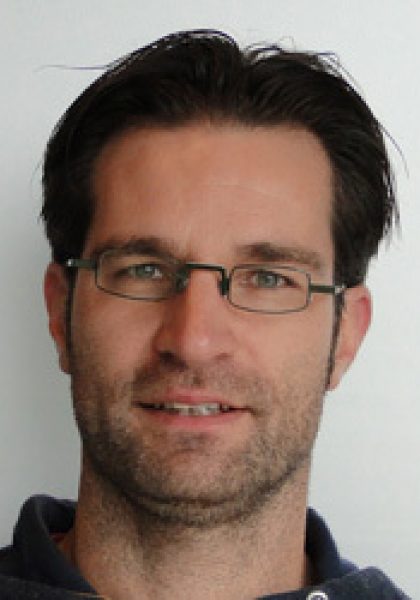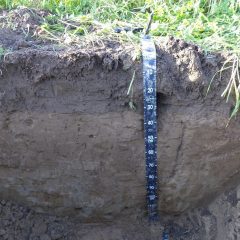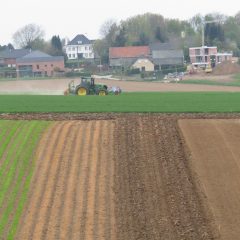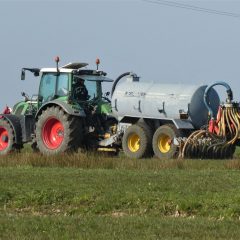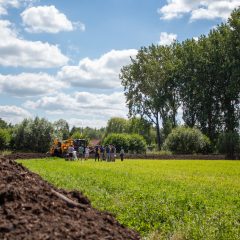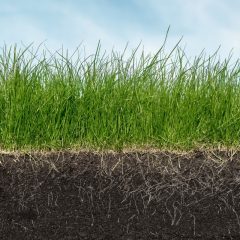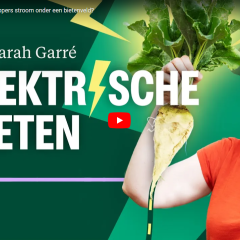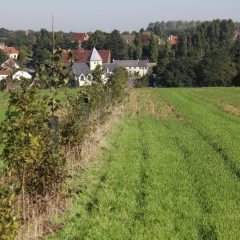Research project BASTA: Biochar’s Added value in Sustainable land use with Targeted Applications in processes, growing media & (future proof) open-field cultivation
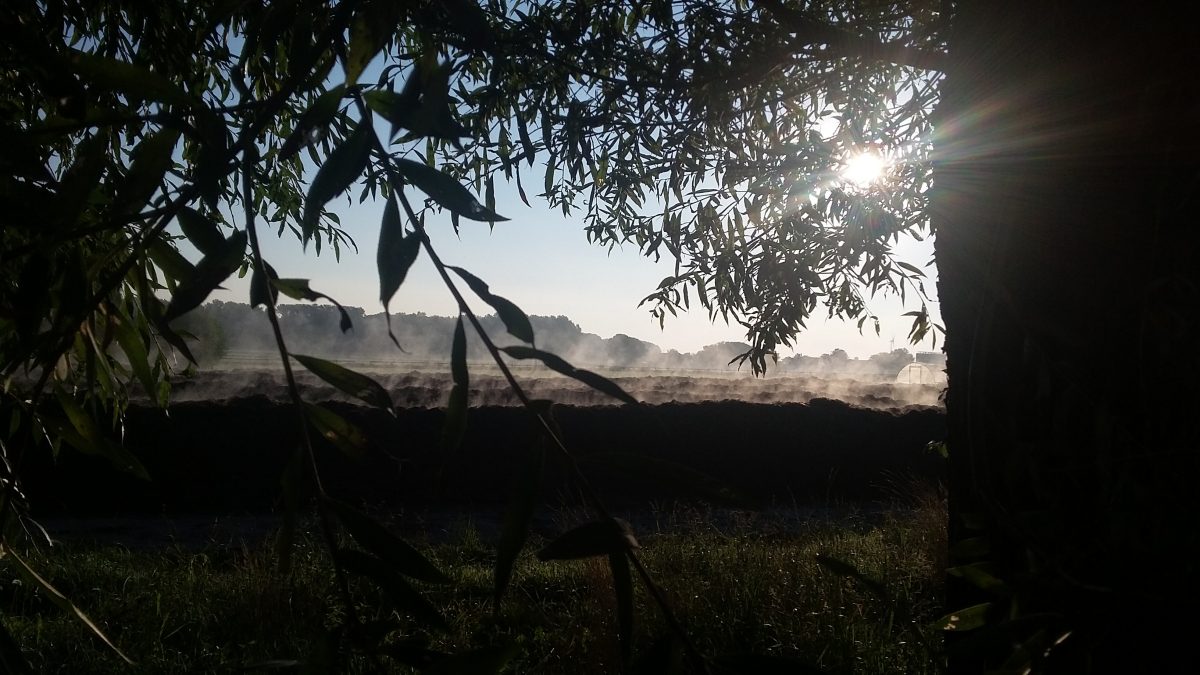
General introduction
Biochar made from woody biomass is the most suitable of all types of biochar as a peat substitute in substrates. That is one of the final conclusions of BASTA. At the start of the research project, it was unclear which types of biochar (there are many), made from which biomass stream and through which process, could best be used for which applications. More generally, BASTA also looked at the economic, ecological and technical feasibility of biochar production and biochar use.
With regard to biochar production, the goal was to be able to judge to what extent there could be a more valuable valorization for existing residual biomass, by e.g. obtaining better manure and biomass processing technologies with lower environmental impact.
Research approach
A series of biochars were concretely tested in an application in manure and biomass processing, substrate crops and in open field. The researchers collected multidisciplinary data (chemical, biological, economic, legal) to form an opinion on the most optimal combinations between starting materials, production parameters and biochar applications. Biochart types were then selected for further scale-up and for two applications. First was manure and biomass processing, with the goal of achieving 25% less emissions of greenhouse gases & ammonia and a 10% higher process efficiency. The results here were surprisingly positive. Second, testing in substrate cultivation with a biochar-based alternative to peat, with the goal of using 10% less chemical crop protection products and also obtaining 30% less nutrient losses, 10% more water retention capacity (WHC), and 20-40% peat replacement. Again these results were very favorable. The role of biochar for climate-proof (re)use of marginal soils has been investigated, e.g., for moderately metal-polluted and drought-sensitive soils. Multi-disciplinary life cycle data have been brought together to optimize the valorization potential of biochar.
Relevance/Valorization
In summary, BASTA is highly relevant for policy makers and companies. Opportunities have been identified for biochar production and application methods that are profitable (for companies) and desirable (for society). The legislation concerning biochar production and use in Flanders and Europe has been mapped. With the knowledge from BASTA, the researchers can determine (predict) the valorization potential of biochars from specific starting materials or targeted applications of individual companies through short R&D trajectories. Business models can be developed based on this knowledge. Several companies in the BASTA committee show interest in follow-up trajectories. A well thought-out IP strategy is necessary here for a good knowledge transfer and valorization of the results upon commercialization.
